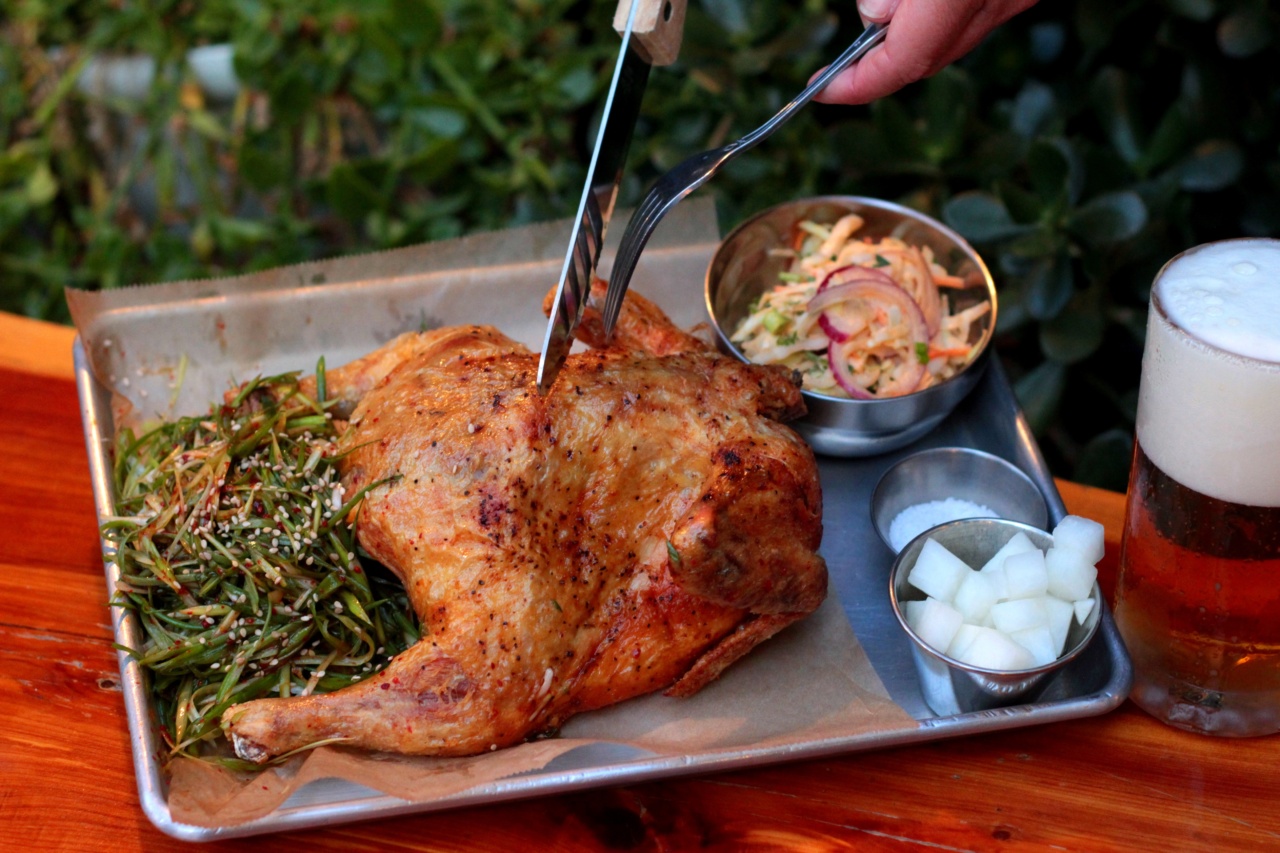Food additives are substances added to foods to enhance their taste, appearance, texture, and shelf life.
While many food additives have been deemed safe for consumption by regulatory authorities, concerns have been raised about their potential effects on human health. Some studies have suggested a link between certain food additives and the development of gut cancer.
This article explores the potential connection between food additives and gut cancer, discussing the most common additives of concern and the scientific evidence behind their association with the disease.
Understanding Gut Cancer
Gut cancer refers to cancers that originate in different parts of the gastrointestinal tract, including the esophagus, stomach, small intestine, large intestine (colon and rectum), and anus.
It is one of the leading causes of cancer-related deaths worldwide.
The Role of Food Additives
Food additives play a crucial role in the modern food industry, ensuring processed foods are safe, attractive, and conveniently available.
They are classified into various categories based on their intended purpose, including preservatives, flavor enhancers, food colorings, and texture enhancers.
Common Food Additives of Concern
While the majority of food additives have been extensively tested and approved for use, some have raised concerns due to their potential health risks. The following are some commonly used food additives that have been linked to gut cancer:.
1. Nitrates and Nitrites
Nitrates and nitrites are commonly used as preservatives to prevent bacterial growth and enhance the color and flavor of processed meats such as bacon, ham, and hot dogs.
However, during certain cooking processes or digestion, nitrates can be converted into nitrosamines, which are known carcinogens. High consumption of nitrate- and nitrite-rich foods has been associated with an increased risk of gastrointestinal cancers.
2. Artificial Sweeteners
Artificial sweeteners, such as aspartame, saccharin, and sucralose, are commonly used as sugar substitutes in various processed foods and beverages.
While they are marketed as low-calorie alternatives, some studies have suggested a potential link between artificial sweeteners and an increased risk of gut cancer. However, further research is needed to establish a definitive connection.
3. Monosodium Glutamate (MSG)
MSG is a flavor enhancer commonly used in processed foods, restaurant meals, and snacks.
While it is generally recognized as safe by regulatory authorities, some studies have indicated a potential association between MSG consumption and an increased risk of gut cancer. However, the evidence remains inconclusive, and more research is required to draw definitive conclusions.
4. Food Colorings
Food colorings, such as Red 40, Yellow 5, and Blue 1, are widely used in candies, carbonated beverages, and processed foods to make them visually appealing.
Some studies have suggested that certain synthetic food colorings may have carcinogenic properties and could contribute to the development of gut cancer. However, more comprehensive research is needed to confirm these findings.
Scientific Evidence and Studies
Several scientific studies have investigated the potential link between food additives and gut cancer.
Some studies have shown positive associations, indicating an increased risk of gastrointestinal cancers with high consumption of certain food additives. However, other studies have produced conflicting or inconclusive results, highlighting the need for further research.
Precautionary Measures
Although the evidence linking food additives to gut cancer may not be definitive, it is always advisable to practice moderation and make informed food choices. Here are some precautionary measures you can take:.
1. Choose Fresh and Natural Foods
Opt for fresh, unprocessed foods whenever possible. By focusing on fruits, vegetables, whole grains, and lean proteins, you can reduce your exposure to food additives and maximize your intake of essential nutrients.
2. Read Food Labels
Read food labels carefully to identify the presence of additives. Familiarize yourself with commonly used food additives and make a conscious effort to avoid products that contain additives of concern.
3. Cook from Scratch
Prepare meals at home using fresh ingredients. This way, you have full control over the ingredients and can minimize the use of processed foods containing potential additives.
Conclusion
While the link between food additives and gut cancer is a topic of ongoing scientific research, it is essential to approach it with caution.
While some studies have suggested a potential association, more comprehensive research is needed to establish a definitive connection. By making informed food choices, focusing on fresh and natural foods, and minimizing the consumption of processed foods containing additives, you can support your overall health and well-being.




























